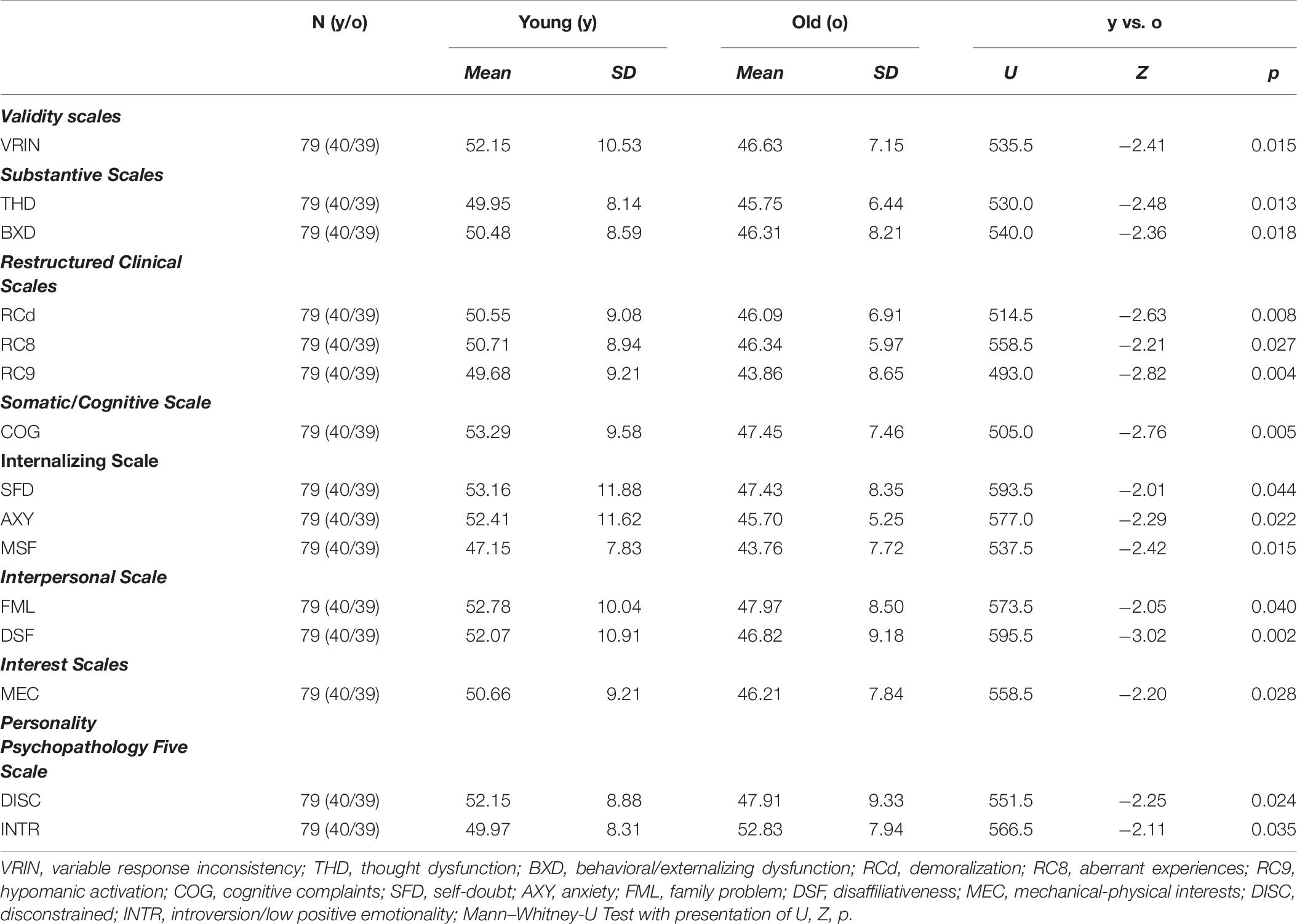

Just Realizing I was a Victim of Parent Alienation.31 of 53 teen girls at FLDS ranch are pregnant or.NYC attorney said ".even if I have to throw th.Juvenile Judges Group Pays to Settle U.S.Abused Children Dying Under Shroud of State Secrecy.( 11), testimony about PAS is not likely to be found widely admissible in court without a solid research base. For example, how prevalent is this phenomenon? Is it correlated with certain personality traits or psychological disorders? What are the short-term and long-term effects on children who are subjected to it? How does a clinician recognize it? Can psychological testing help the clinician discern when it may be present? Opinions have been expressed about many of these questions by Gardner and others, but they have not yet been subjected to hypothesis testing. A number of questions need to be addressed through research. However, little empirical research has yet been reported. As Rand's review ( 3) makes clear, an increasing number of theoretical writings, case studies, and anecdotal accounts related to this phenomenon have begun to appear in the literature, some of which use the term PAS ( 6-8) and others which use different terminology ( 4, 5, 9, 10). Such dynamics are very familiar to clinicians who work with broken families and who perform custody evaluations. According to Gardner, the child becomes aware that the alienating parent wants him or her to hate the other parent and, out of the need to please the alienating parent and to avoid abandonment or rejection, the child joins in the denigration of the other parent. More extreme alienating behaviors include making false accusations of sexual or physical abuse and programming the child to believe that the abuse occurred.

Gardner and others ( 4, 5) have described numerous behaviors the alienating parent may engage in to harm the child's relationship with the other parent, many of which have been described as "programming" or "brainwashing." For example, the alienating parent is likely to make accusations about the other parent in front of the child, describe the other parent as dangerous or harmful, tell the child that the other parent does not love him or her, and greatly exaggerate the other parent's faults (whether real or imagined). Rand ( 3) recently provided an extensive review of the literature relevant to this phenomenon, broadening the scope to include writing which described the same or similar Concepts without using Gardner's term. Parental alienation syndrome is a term coined by Gardner ( 1, 2) for the phenomenon in which a child from a broken marriage becomes alienated from one parent due to the active efforts of the other parent to sever their relationship.


 0 kommentar(er)
0 kommentar(er)
